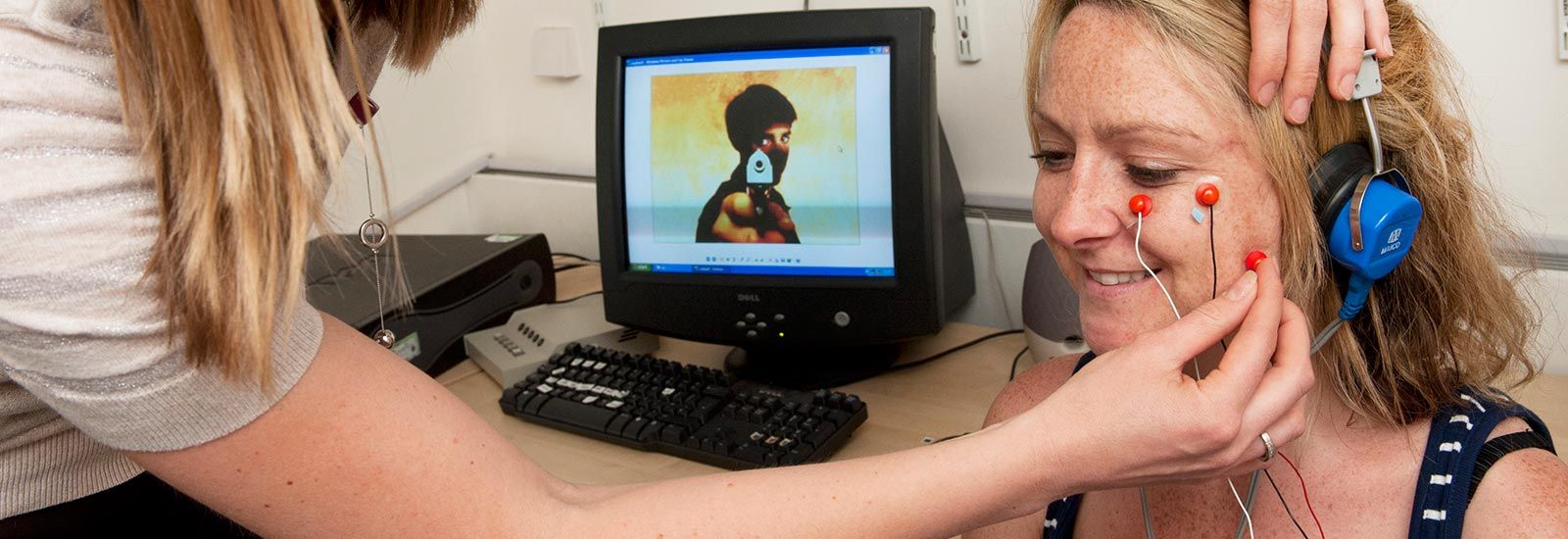
Get involved with our research
Some of our research projects rely on the generosity of people like you. Whether it's harnessing the power of your home PC, taking part in a clinical trial, or simply volunteering your time for a study, you may be able to contribute to some of the ground-breaking projects which make the University of Oxford a world leader in research. Watch this space for ways in which you could get involved.
Investigating children’s understanding of data practices on YouTube
Human Computer Interaction (HCI) group, at the Department of Computer Science
Ethical Approval Reference: CS_C1A_021_028
What is the purpose of the research?
YouTube has been one of the most used platforms by children, however, children and parents are sometimes unaware of the data collection practices on the YouTube platform. We would like to investigate how children aged 7-13 perceive the data collection and processing practices on the YouTube platform, and what children expect to be supported that may help them navigate their data on YouTube.
Who can take part?
- We would like to recruit children (aged between seven and 13).
- We are looking for children who spend at least two hours per week on YouTube
What does the study involve?
Participants will have the option to take the study either in-person or online. All children participants will be asked to complete a 30-40-minute interview with the researchers (with at least two researchers present in the interview for safeguarding). Children will be using their own device to complete a few tasks on YouTube during the interview. Your child will be asked about their current experience and usage of YouTube and how they make use of video recommendations on YouTube. We will then show them two videos on how YouTube collects and processes their data and ask about their perceptions.
Where does the study take place?
Family participants will have the option to do the study either in-person or online.
What will my children learn?
We hope through taking part in this research, your child would have more awareness and a deeper understanding of the data collection and processing practices on the YouTube platform, therefore help them to make more informed decisions about their data in the future.
Expenses and payments?
All travel expenses would be reimbursed. A small gift voucher will be provided as a thank-you gift.
How can you and your children take part?
If you are interested in taking part, please email [email protected]
For more information, please follow this link: https://koala.web.ox.ac.uk/participants-wanted
Seeking poor sleepers for insomnia research
Trouble sleeping? Researchers from the Sleep & Circadian Neuroscience Institute at the University of Oxford are evaluating different interventions aimed at improving sleep. We are looking for poor sleepers between the ages of 18 and 65. Participation will involve spending overnights in the sleep laboratory at Oxford, monitoring your sleep/wake cycle, and completing computerised tasks. Depending on the study you volunteer for, you will either undergo an online self-help treatment programme or lab-based non-invasive brain stimulation sessions prior to bedtime. You will be reimbursed for your time.
If you are interested in taking part or would like more information, please contact the research team directly at [email protected]
Volunteers with lazy eye wanted
We are looking for volunteers with a history of lazy eye, patching or amblyopia to take part in our brain scanning study on how binocular vision relates to brain chemistry.
Who are we looking for?
We are looking for healthy, fluent English volunteers aged 18-45 with a history of lazy eye, patching therapy or amblyopia.
You will also be asked questions about your medical history to check your suitability for an MRI scan.
Participants will be reimbursed for their time.
How can I find out more?
If you are interested and would like more information please contact Betina Ip in the Department of Physiology, Anatomy and Genetics, University of Oxford, by emailing [email protected] or visit amblyopiaproject.wordpress.com
CUREC No: MSD-IDREC-C1-2014-146
Oxford Vaccine Group
The Oxford Vaccine Group, part of the Department of Paediatrics, is an independent multi-disciplinary clinical trials and epidemiology group based at the Centre for Clinical Vaccinology and Tropical Medicine. OVG works towards the goal of developing new and improved vaccines for the prevention of infection in adults and children, enhancing the understanding of immunity and studying the epidemiology of infectious diseases.
To find out which research projects are currently recruiting volunteers, please see the OVG website or email [email protected]
Vaccine Trials
The Jenner Institute works to develop innovative vaccines against major global diseases such as malaria, tuberculosis and influenza and often needs participants for trials. To find out which trials are currently recruiting volunteers, please see the Jenner Institute website or email [email protected].
Oxford Education Deanery
We warmly welcome interest from teachers in local state-maintained schools that are members of the Oxford Education Deanery that want to engage with/in research and/or undertake continuing professional development. Opportunities available to eligible teachers include the NQT induction programme, Action Research Fellowships and the Enhanced Masters in Learning and Teaching. We are also keen to work collaboratively with local Deanery schools to develop research projects that meet school needs and disseminate findings effectively. If your school is not a Deanery member and you are interested in joining, please follow this link for contact information.